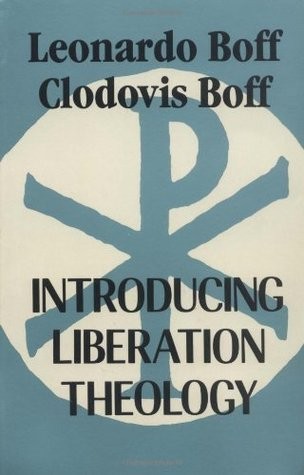Introducing Liberation Theology
Over the last decades, one of the sources of inspiration for new thinking in development practice has been liberation theology. Dr. Paul Farmer has utilized the ideas (in a less overtly religious form) and conveyed them to a broader audience, as the preferential option for the poor. What is liberation theology? Leonardo Boff and Clodovis Boff (1986, first in English 1987) authored "Introducing Liberation Theology" to provide insight. The book itself focuses quite a lot on the Biblical foundation, justification and purpose, while in this point I draw upon some of the practice-oriented lessons:
"The poor can break out of their situation of oppression only by working out a strategy better able to change social conditions: the strategy of liberation. In liberation, the oppressed come together, come to understand their situation through the process of conscientization, discover the causes of their oppression, organize themselves into movements, and act in a coordinated fashion. First, they claim everything that the existing system can give: better wages, working conditions, health care, education, housing, and so forth; then they work toward the transformation of present society in the direction of a new society characterized by widespread participation, a better and more just balance among social classes and more worthy ways of life." (p. 5)
"The first step for liberation theology is pre-theological. It is a matter of trying to live the commitment of faith: in our case, to participate in some way on the process of liberation, to be committed to the oppressed. Without this specific precondition, liberation theology would be simply a matter of words. So it is not enough here only to reflect on what is being practiced. Rather we need to establish a living link with living practice. If we fail to do this, then "poverty," "oppression," revolution," "new society" are simply words that can be found in a dictionary." (p. 22)
"liberation theology longs and fights for a new society in this world: an alternative society to capitalism, but really an alternative and therefore going beyond socialism as it exists today, embodying the hopes and needs of the least of all peoples and their intrinsic potential, a project with amble resonance in the tradition of faith." (p. 92)

